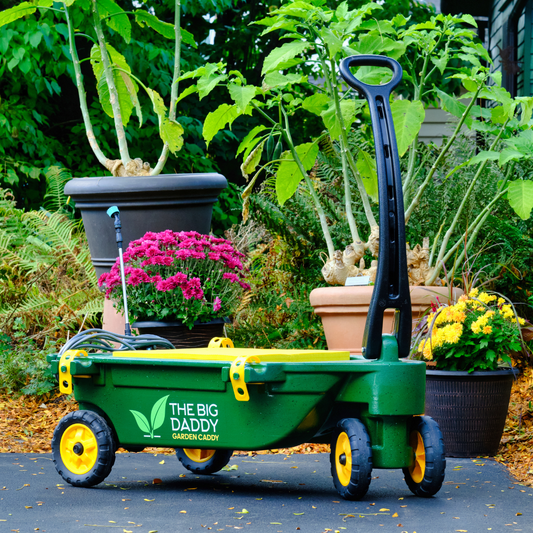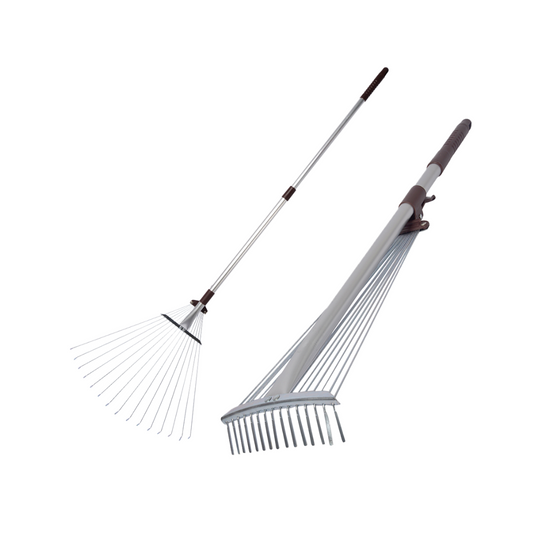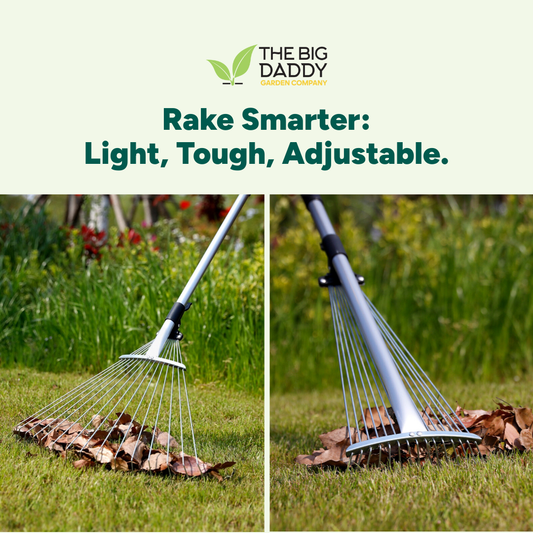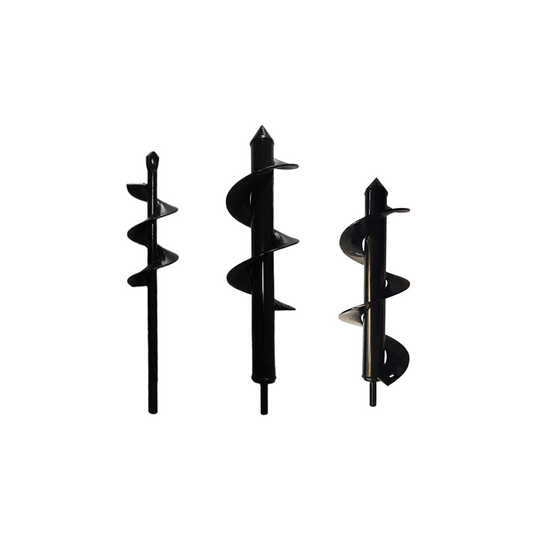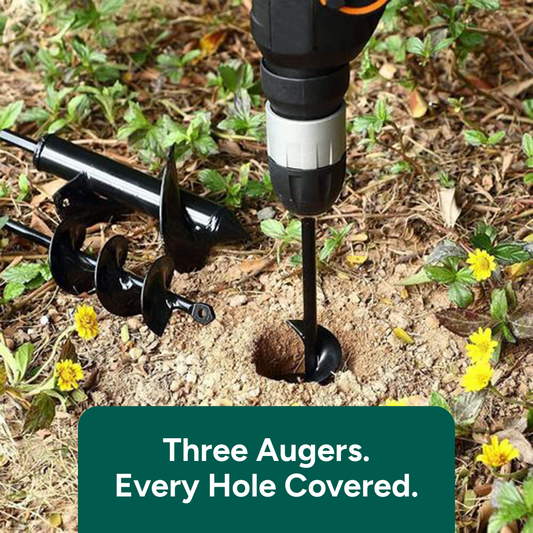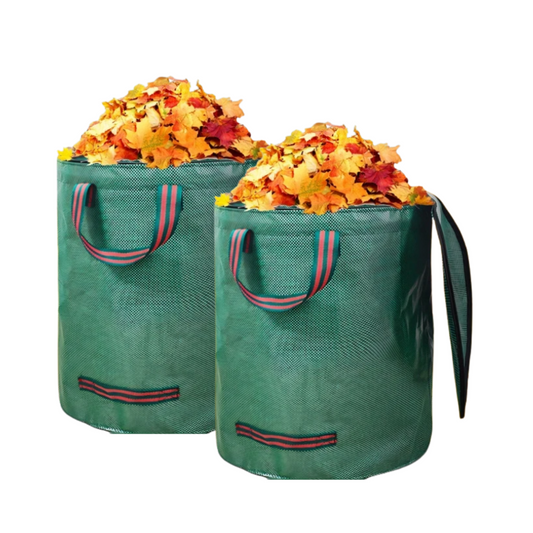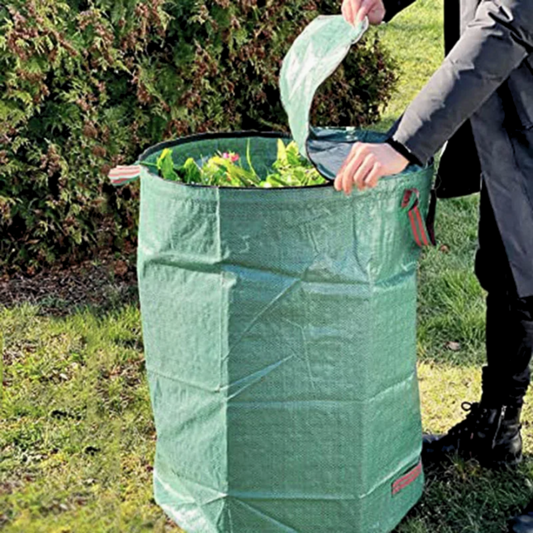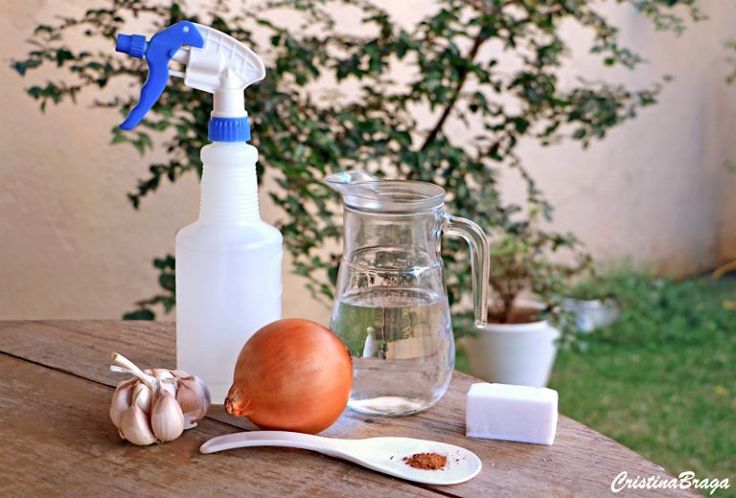
All-Natural Pesticides
All-Natural Pesticides: Safe and Effective Solutions for a Healthier Garden
When pests invade your garden, it can be tempting to reach for a quick chemical fix. But conventional pesticides often come with a price—harming pollinators, contaminating soil and water, and even affecting your own health, and your pets as well. If you’re like me with 2 dogs running around in your yard that get into everything, toxic pesticides are not an option. The good news? All-natural pesticides offer a safe, eco-friendly way to protect your plants without compromising the health of your garden, your family, or the environment.
This week, in Dirt Don’t Hurt with Big Daddy, let’s talk about what all-natural pesticides are, why they’re important, and how to make or use a few effective options at home. Let’s dig in!
First Things First: Why Choose All-Natural Pesticides?
1. Safer for Humans and Pets
Many synthetic pesticides contain harsh chemicals that can linger on fruits, vegetables, and garden surfaces. All-natural alternatives use ingredients that are generally recognized as safe and biodegradable.
2. Gentle on Beneficial Insects
Natural options often target specific pests without wiping out bees, butterflies, and ladybugs—the very creatures that help pollinate and protect your plants.
3. Environmentally Friendly
All-natural pesticides break down quickly and don’t contribute to long-term soil or water pollution.
4. DIY-Friendly and Cost-Effective
Most natural pest solutions can be made with items you already have in your pantry or garden shed, saving money and avoiding unnecessary packaging.
Top All-Natural Pesticide Solutions
1. Neem Oil Spray
Neem oil, derived from the seeds of the neem tree, is a popular natural pesticide that disrupts the life cycle of insects like aphids, whiteflies, and spider mites.
How to use:
- Mix 2 teaspoons of neem oil with 1 teaspoon of mild liquid soap in 1 quart of water.
- Spray on leaves, including undersides, every 7–10 days.
Best for: Aphids, mealybugs, whiteflies, thrips
2. Garlic and Pepper Spray
This spicy solution repels a wide range of insects and even some small animals like rabbits and squirrels. My wife uses this remedy a lot in the vegetable garden!
How to make:
- Blend 2 cloves of garlic, 1 teaspoon of cayenne pepper, and a few drops of dish soap in a quart of water.
- Let it sit for 24 hours, then strain and spray on plants. Store in the refrigerator for up to 2 weeks.
Best for: Beetles, caterpillars, leafhoppers
3. Insecticidal Soap
Insecticidal soap works by breaking down the outer shell of soft-bodied insects, causing them to dehydrate.
How to make:
- Mix 1 tablespoon of castile soap or mild dish soap with 1 quart of water.
- Spray directly on pests and repeat as needed.
Best for: Aphids, mites, whiteflies
4. Diatomaceous Earth (DE)
DE is a powder made from fossilized aquatic organisms. It works by dehydrating insects when they crawl over it. You can find or order this from Home Depot, Walmart, Tractor Supply Store, or pretty much anywhere that you can buy gardening supplies.
How to use:
- Sprinkle a fine layer around the base of plants or directly on leaves where pests are present.
- Reapply after rain or watering.
Best for: Ants, slugs, earwigs, beetles
5. Companion Planting
Instead of applying sprays, you can grow certain plants that naturally deter pests.
Examples:
- Marigolds repel nematodes and aphids
- Basil deters mosquitoes and flies
- Mint keeps ants and aphids away
- Nasturtiums attract aphids away from other plants
Best for: Long-term pest prevention
6. Essential Oil Spray
Certain essential oils have strong repellent properties.
Try mixing:
- 10 drops of peppermint oil or rosemary oil with 1 tablespoon of mild soap in 1 quart of water.
- Shake well and spray around plants.
Best for: Ants, beetles, aphids
Tips for Using Natural Pesticides
- Test first: Always test sprays on a small section of the plant and wait 24 hours to make sure it doesn’t damage leaves.
- Spray in the morning or evening: Avoid spraying in direct sunlight or during hot weather to prevent leaf burn.
- Be consistent: Natural remedies may take a little longer to work, so reapply regularly and monitor plant health.
- Know your pests: Identify what’s bugging your garden to choose the most effective natural treatment.
Conclusion
You don’t need to sacrifice safety or sustainability to protect your garden. All-natural pesticides are a powerful tool in the gardener’s toolkit, offering peace of mind and healthy, vibrant plants. Whether you’re blending up a garlic spray, dusting with diatomaceous earth, or planting herbs to fend off pests, you’re choosing a better way to garden.
So next time unwanted guests show up in your garden, skip the harsh chemicals and go natural—it’s better for your plants, your pollinators, your pets, and the planet!


